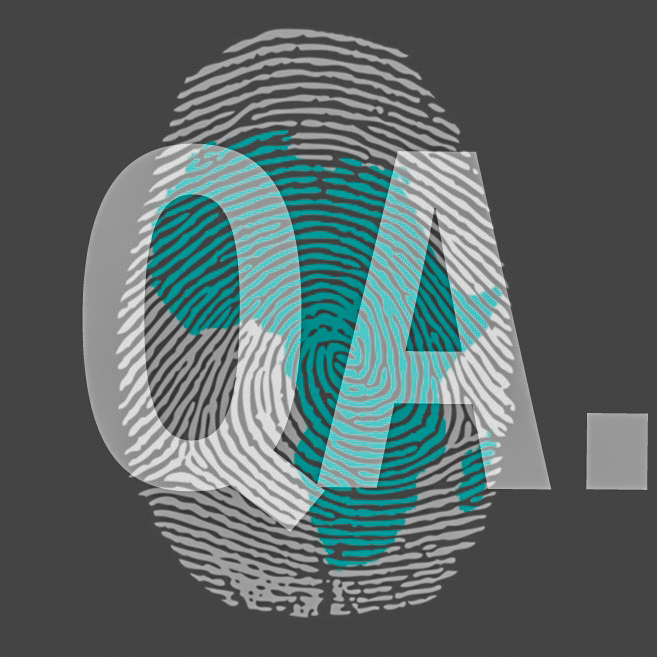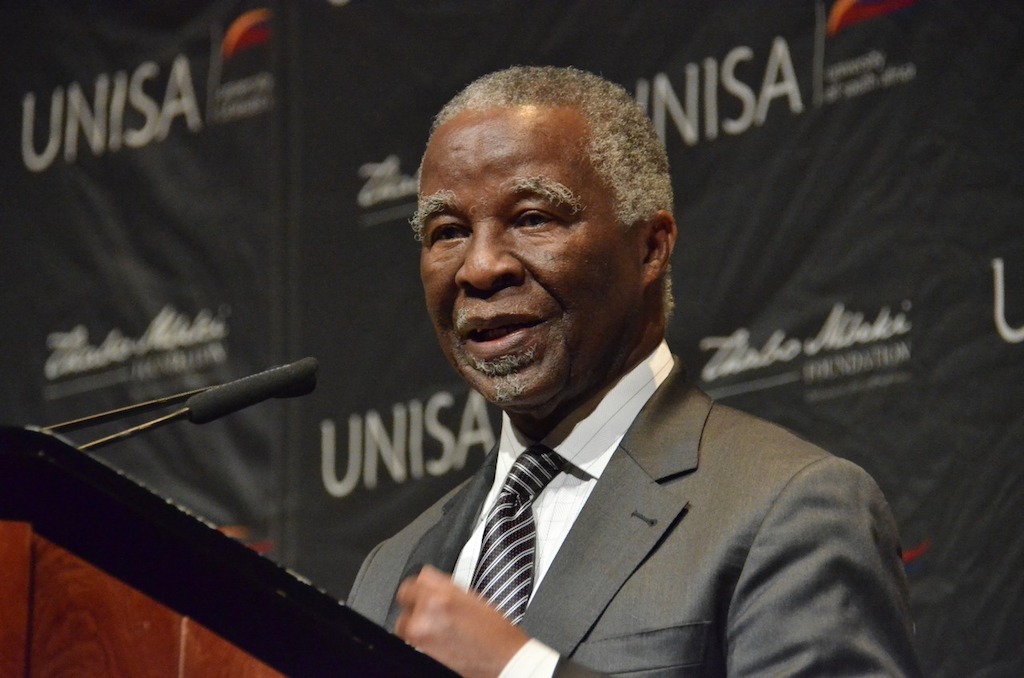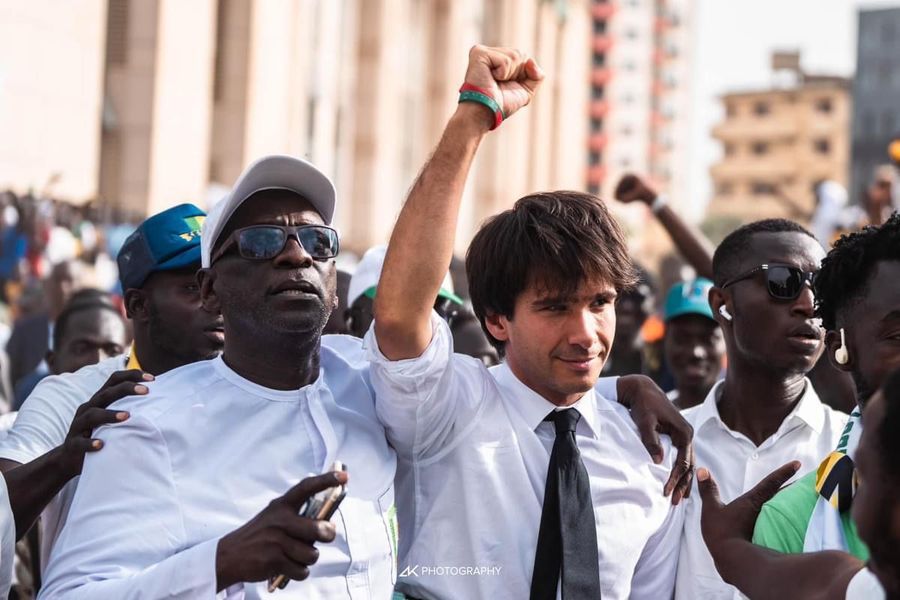On September 27, 2025, during the General Debate of the 80th session of the United Nations General Assembly in New York, Lamine Zeine Ali Mahaman, Prime Minister of Niger’s Transitional Government, delivered a powerful address highlighting his country’s commitment to sovereignty, condemning foreign interference, and calling for global reforms. In his speech, M. Zeine emphasized the rich tradition of diversity and solidarity among the people of Niger and the Sahel region, while sharply criticizing actions that undermine peace and development worldwide.
CONDEMNATION OF GLOBAL CONFLICTS AND INDIFFERENCE
The Prime minister Zeine began by affirming Niger’s support for international cooperation aimed at achieving peace, development, and well-being for all. However, he strongly opposed any efforts that hinder these goals. He unreservedly condemned what he described as the « Israeli genocide in Gaza, » along with Israeli aggression against Iran and Qatar. Additionally, he protested the trivialization of violence in the Democratic Republic of Congo, Sudan, and the Sahel, lamenting that these tragedies occur « while the international community looks on indifferent. »
The Prime Minister accused some international powers of being « complicit in what’s happening on the African continent, » denouncing their inaction in the face of attacks on truth and peace. He highlighted the challenges faced by Niger and the Sahel, including indifference from the global community, destabilizing actions, and campaigns of disinformation amid their struggle against « imported and sponsored terrorism. »
ACCUSATIONS AGAINST WERTERN POWERS AND FRANCE
A significant portion of M. Zeine’s address focused on the role of Western powers in the Sahel. He noted that these powers, including their armies, established bases in countries like Mali, Niger, and Burkina Faso under the pretext of combating terrorism, yet the threat has only expanded. He asserted that the true leaders of terrorism originate from outside the region, possessing vast resources and exhibiting violence that is « totally foreign to the local geography and culture ». M. Zeine stated that the Sahel has « never seen such bloody, gratuitous, indiscriminate violence on the scale that we are experiencing now. »
He singled out France for particular criticism, accusing it of destabilizing Niger through various means, including training terrorists, fomenting interethnic conflicts, spreading disinformation, fueling tensions with neighboring countries, and waging economic and financial warfare. Tracing this back historically, M. Zeine claimed that from the nineteenth century to the present, France has engaged in a « total war » against Niger, involving assassinations, threats of military intervention, sponsorship of terrorism, and the plundering of resources.
Specifically addressing uranium exploitation, he said, « Following half a century of exploitation, uranium has brought our people nothing but misery, pollution, rebellion, corruption and despair, while the French prospered and bolstered their power. »
NIGER’S PATH TO SOVEREIGNTY AND REFORM
The Prime minister Zeine highlighted positive developments since 2023, when the National Council for the Safeguard of the Homeland (Conseil National pour la Sauvegarde de la Patrie, CNSP) assumed power. Niger has expelled forces that impeded its sovereignty and hindered the strengthening of its security apparatus. The country has terminated unfair conventions, treaties, and laws that did not serve its interests, sending a clear message: « This is a strong sign for all those who are accustomed to looting Niger, that now our country will defend its interests unashamedly. »
Under new governance, Niger has adopted a Charter of Refoundation, established new institutions, opened diplomatic missions, launched a major agricultural program for food self-sufficiency, and implemented macroeconomic reforms. Zeine stressed Niger’s commitment to transparent governance and invited international investors to contribute to its economic growth. Despite ongoing challenges, he described Niger as experiencing a « renaissance » and being on the path to recovery, not isolating itself from the international community but reaffirming its sovereignty and dignity.
CALL FOR UN REFORM AND MULTILATERALISM
In a pointed critique of the United Nations, M. Zeine argued that Niger must rely on its own strength rather than a « powerless UN, which is hampered by the veto of Western Powers. » He called for urgent reforms, stating, « The UN has to be reformed. » While reaffirming belief in multilateralism as the means to address global challenges, he insisted that the organization must become more inclusive and « fairer, » with Africa granted a full role in decision-making bodies, including the Security Council.
The Prime Minister Zeine’s address underscores the growing assertiveness of Sahel nations in international forums, challenging long-standing power dynamics and advocating for a more equitable global order.






Laisser un commentaire
Vous devez vous connecter pour publier un commentaire.